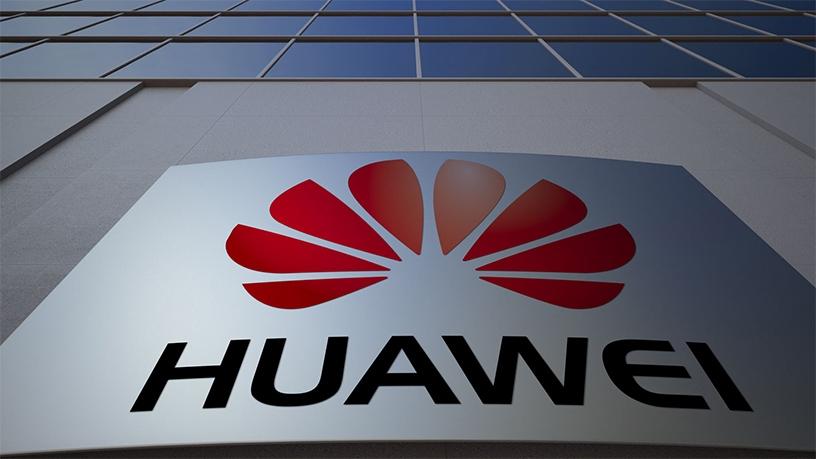Huawei rejects spying allegations in Africa
Huawei rejects spying allegations in Africa

Chinese ICT and telecommunications firm Huawei has rejected reports that it helped some African governments to intercept encrypted communications and used cell data to track political opponents.
This after a report by Wall Street Journal said the tech company's technicians assisted the governments of Uganda and Zambia to spy on rivals.
However, the report notes that there was no evidence that Huawei executives in China were aware of or sanctioned the alleged espionage activities of its employees in these countries.
In the article, published online on 14 August 2019, it is alleged Huawei employees assisted law enforcement officials in Uganda, who were reportedly under orders to "intercept encrypted communications", to use spyware to infiltrate social media communication of musician and opposition member of the country's parliament, Bobi Wine.
The Wall Street Journal also quotes senior security officials in Zambia as saying Huawei technicians helped government to access communication lines and social media sites of opposition bloggers.
The report says the allegations draw attention to the surveillance systems that Huawei sells to governments.
According to the publication, Huawei claims to have installed these systems in 700 cities across 100 countries and regions.
Huawei has issued a response in which it completely rejects what it describes as "unfounded and inaccurate allegations against its business operations in Algeria, Uganda and Zambia."
The statement reads: "Huawei's code of business conduct prohibits any employees from undertaking any activities that would compromise our customers or end users' data or privacy or that would breach any laws.
"Huawei prides itself on its compliance with the local laws and regulations in all markets where it operates and will defend its reputation robustly in the face of such baseless allegations."
The US government has put Huawei under sanctions accusing the company of posing security threats due to its close relationship with the Chinese government.
Huawei has denied installing any backdoors in its networking equipment for alleged government spying.
In July 2019, Huawei reaffirmed its strategy in Africa and emphasised its role in smart city infrastructure development and roll out.
The company specifically mentioned support from SA president Cyril Ramaphosa and Nigeria's vice president Yemi Osinbajo.
It has also previously stated that while it could not officially comment on the intentions of South African networks, it did not anticipate any major impact from the US ban and reports of mobile networks in Asia and Europe cancelling orders on the South African market.
Huawei stated that it already has "a complete set of robust and effective business continuity management systems" and "with these systems in place, the majority of our products will continue to serve our customers even under extreme conditions.
"The key to smartness is combining open technology infrastructure with a unified platform that can keep up with the relentless supply of data from tens of thousands of diverse systems and data formats, such as video, image and text."
